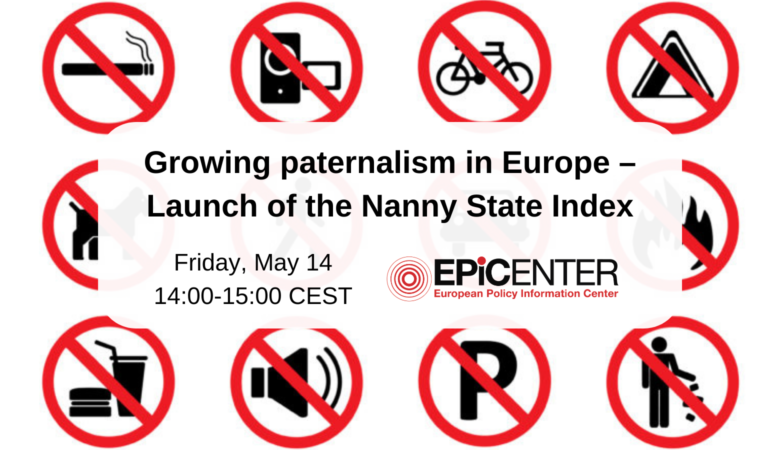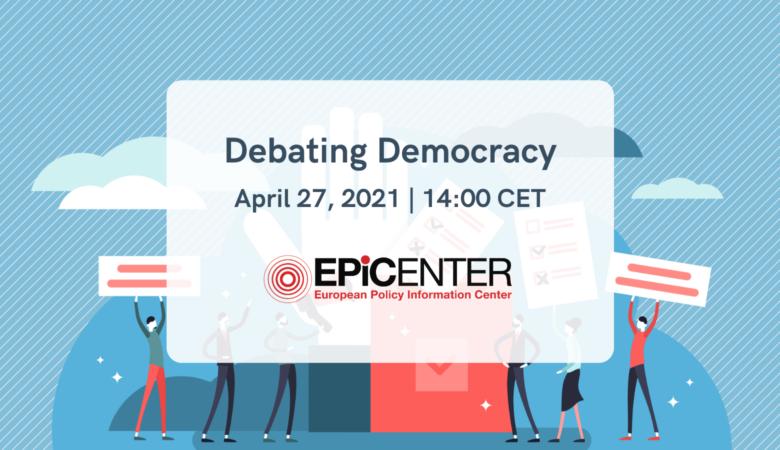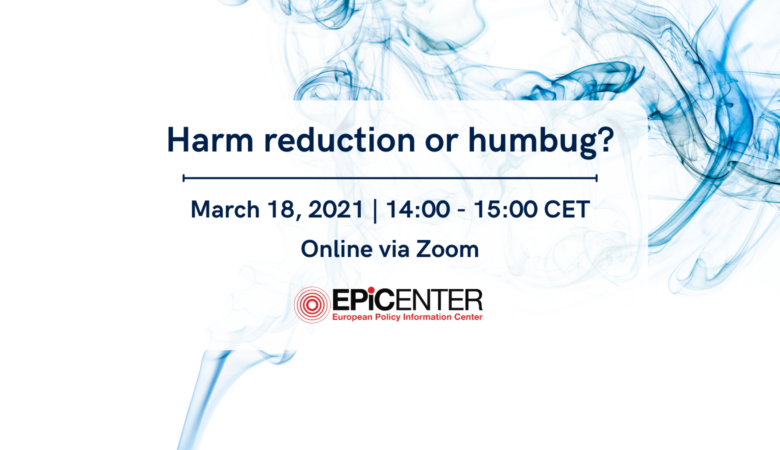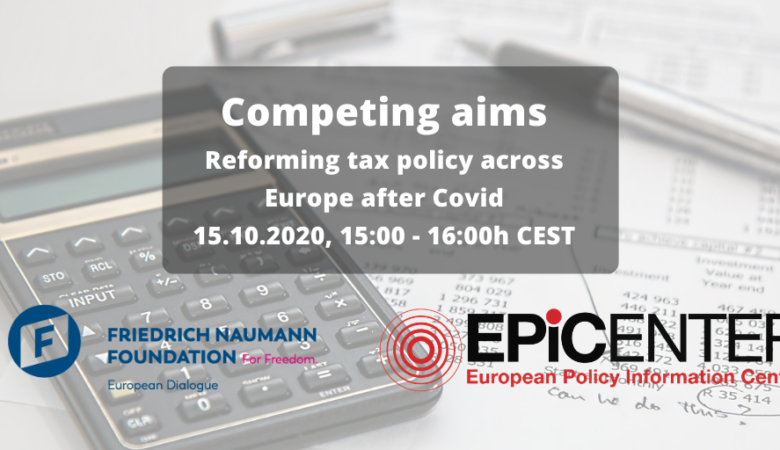Past Events
APA Academy 2024
7-8 November 2024
Join us for the 2024 EPICENTER APA Academy, an exclusive policy forum for Parliamentary Assistants and policy experts.
Set in Brussels on 7-8 November, this interactive 'unconference' will explore key EU priorities including economic competitiveness, taxation, energy and climate policy, constitutional affairs, and geopolitics.
Engage with leading academics, network across political groups, and shape the discussion on crucial policy challenges.
Don't miss this opportunity to contribute to the future of EU policymaking.
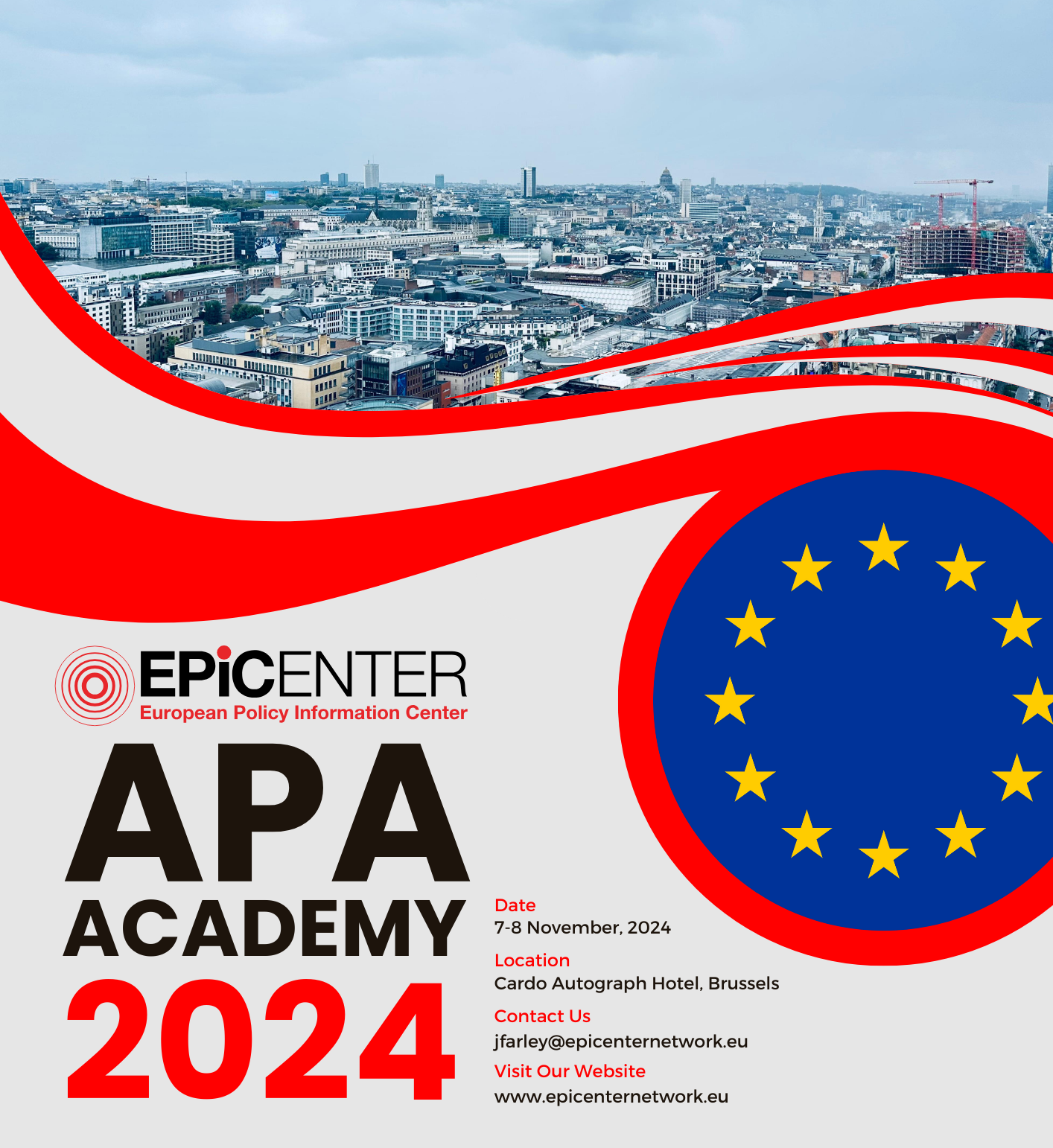
22 April 2024
The European Union's Single Market (SM) stands as a cornerstone of economic integration, fostering growth, and convergence among member states. Veld's 2019 study underscores the SM's pivotal role, indicating that without it, EU economies would face significant shrinkage, underlining its economic significance.
Particularly, the Central and Eastern European (CEE) countries have benefited, with GDP per capita and individual consumption soaring, driving them closer to the EU average.
However, a closer look reveals disparities, with some CEE states experiencing a slowdown in convergence, signalling the need for targeted policies to ensure sustained growth and integration.
Our Brussels launch of Market Force saw INESS' Radovan Durana, IES Europe's Radu Nechita, and the European Commission's Felicia Stoica discuss the Single Market's economic challenges and opportunities.
16 April 2024
The Timbro Authoritarian Populism Index (TAP) shows that one out of four European voters cast their vote for an authoritarian populist party, which is more than twice compared to the early 2000s. Simultaneously, the electoral support of liberal parties reached an all time high, following a consistent pattern of growth since 2010.
So ahead of the European elections in May, it’s essential to understand the trends of electoral behaviour and prepare the EU’s institutional set-up that can endure the rise of authoritarian populists in Brussels. To this end we launched of the Authoritarian Populism Index 2024 with an accompanying discussion with Timbro's Andreas Johansson Heinö and Renew Europe MEP Katalin Cseh.
20 September 2023
The European Commission has adopted its GDPR adequacy decision for the U.S., creating a new basis for data transfers to the U.S., like those for which Meta has just been fined €1.2 billion. It is nearly certain that the decision will be challenged and that the EU Court of Justice will need to look at EU-U.S. data transfers again, following its landmark decisions in Schrems I and Schrems II.
During this event, our panelists will discuss the legal arguments likely to be made before the Court in that expected future challenge and consider the chances of the adequacy decision being upheld by the Court.
14 October 2021
A new EPICENTER Discussion Paper by trade experts from Italy, Spain, and Greece outlines the reasons for scepticism towards free trade in the South of the continent and offers solutions to combat protectionist ideas. Both the paper and our upcoming discussion aims to address the challenges of European trade strategy by reviewing the most common critiques on free trade.
What is the voting behaviour of different political groups in the European Parliament and national MPs in Spain, Italy, and Greece when it comes to FTAs? What are the reasons for trade scepticism in certain pollical parties and can they be addressed early on in the process? Can the EU’s trade negotiation process be sped up or are there too many vested interests to balance?
What is the impact of political realignment on the EU’s trade strategy? Is strategic autonomy the correct way to deal with trade scepticism or is it just a buzzword aimed to replace the negative connotation of protectionism?
14 May 2021
European governments are becoming increasingly paternalistic in the way they regulate the lifestyle choices of their citizens. The Nanny State Index – which ranks 30 countries in Europe based on how much they over-regulate eating, drinking, vaping and smoking habits – paints a grim picture of the tendency towards coercive paternalism on the old continent. Our webinar will look at the trends and provide an alternative to excessive regulation that is compatible with individual choice and better health outcomes.
Does increased paternalism lead to better health, as supporters of the nanny state claim? If there is a trade off between lifestyle freedoms and health? If so, are policy makers obliged to choose the latter? What are the most important changes since the last edition of the Index? Did some countries reverse misguided policies that haven’t led to the desired outcomes – or is over-regulation only a one way street?
During our launch event, the editor of the Index, Christopher Snowdon, will outline the situation across Europe and discuss with guests from three European countries the best and worst regulatory changes that have been implemented in the last two years.
27 April 2021
Protecting equal democratic rights across all sections of society, irrespective of one’s ethnicity, gender or wealth is a cornerstone of liberal democracies – and still an ongoing battle in most countries across the world. Throughout modern Western history, in various movements from the suffragettes in the UK to the American Civil rights movement, the battle for a freer society was closely interlinked with the ability of democratic participation. Therefore, democratic accountability and individual freedom are concepts which are closely interconnected in most people’s minds.
But is there such a thing as too much democracy? What are the downsides democratising all government institutions, and can they be rectified without endorsing strongmen leaders and letting bureaucracies go wild? What is the history and the future of democratic development across modern societies and how can classical liberals shape the process in the most freedom-friendly way?
Two prominent authors from both sides of the Atlantic will join us for a friendly debate about the merits and problems of democracies. On the occasion of the launch of Eamonn Butler’s new IEA Primer ‘An Introduction to Democracy’ we are delighted to welcome him and Garrett Jones, Author of ’10% less Democracy – Why You Should Trust the Elites a Little More’ to our webinar.
18 March 2021
The European Commission has recently launched several initiatives that will make safer nicotine products less appealing to smokers. The Commission’s Scientific Committee on Health, Environmental and Emerging Risks (SCHEER) recently published an opinion which downplayed strong evidence showing that e-cigarettes are a gateway from smoking for millions of people, and amplified speculation about hypothetical risks. Shortly afterwards, a draft of Europe’s Beating Cancer (BECA) plan recommended a full ban on e-cigarette flavours and bans on vaping indoors (and even outdoors). Making vaping less accessible and less appealing will have consequences that run directly counter to the Commission’s stated objectives.
What are the most counterproductive policies expressed by the SCHEER committee and the BECA plan? How can evidence-based policy making be put back on the agenda? Can free market liberals endorse any kind of regulation that curbs the freedom of choice of consumers? Join our panel of experts to discuss!
15 October 2020
Tax competition is often presented as a zero-sum game, instead of an important policy tool that can foster growth and create further opportunities to all participants of the economy. Globalisation created a world where capital is highly mobile and businesses can choose competitive economies with the highest possible returns on their investment. Countries with simple and neutral tax systems have better chances of attracting investment, minimising tax evasion, and maximising economic growth. Yet, many European countries have chosen a path of complicated tax regimes, with high overall taxation and a great number of loopholes and exemptions.
4 December 2019
EPICENTER is delighted to invite you to an event co-hosted by our Lithuanian member think tank and the Friedrich Naumann Foundation.
The discussion aims to shed light on the problems that state aid creates and find ways to create free and fair competition within the Single Market.
Experts from three of our member think tanks, together with representatives of the European Commission and Parliament will provide their insights on the State Aid Modernisation Reform conducted by the EU in 2012.




